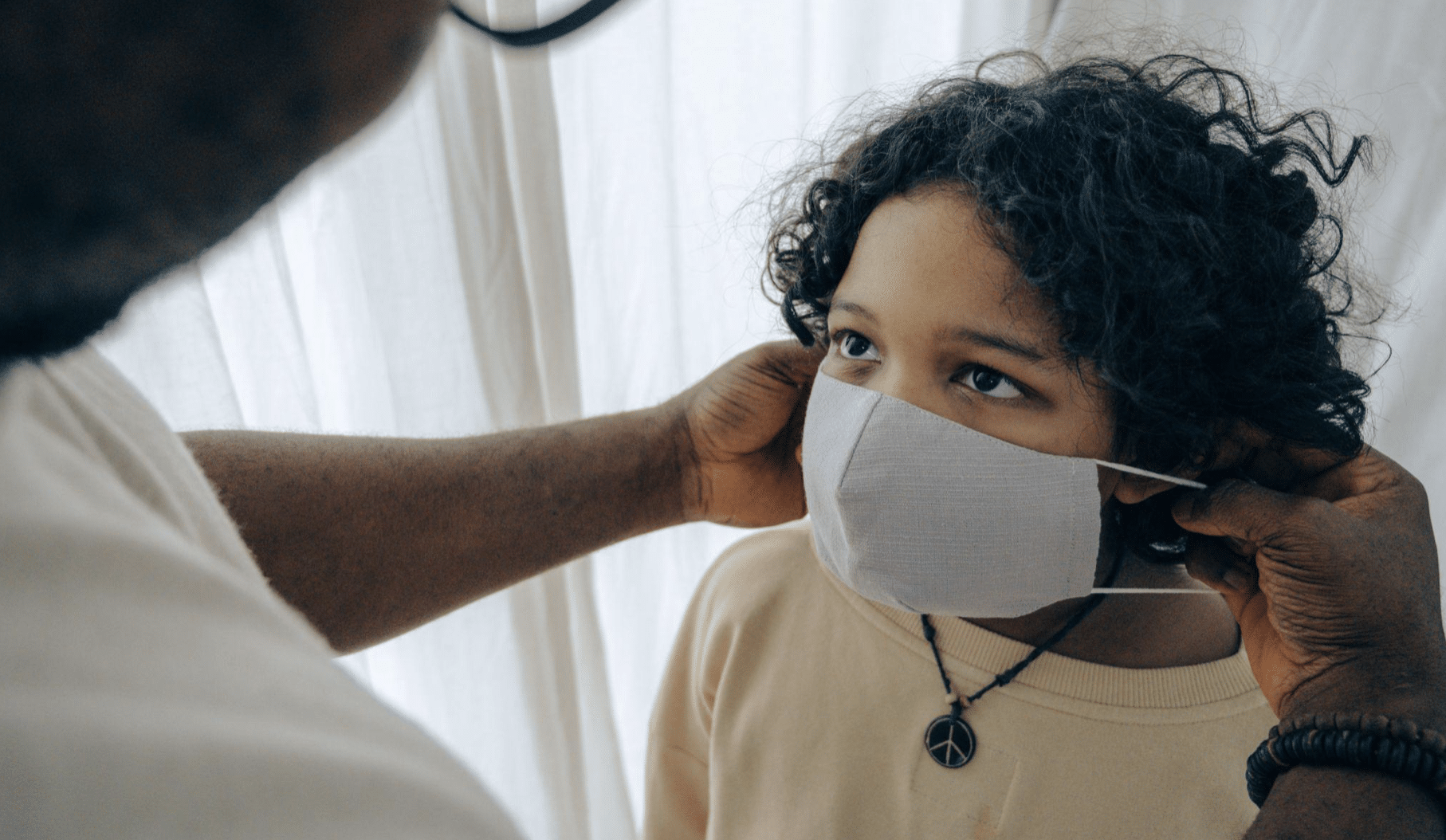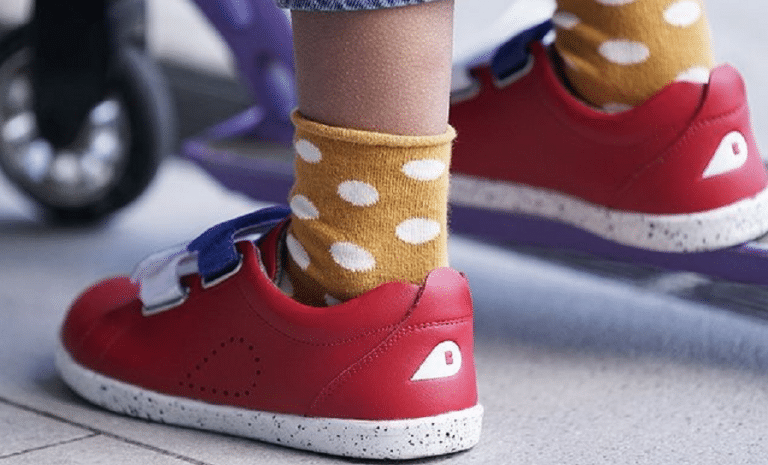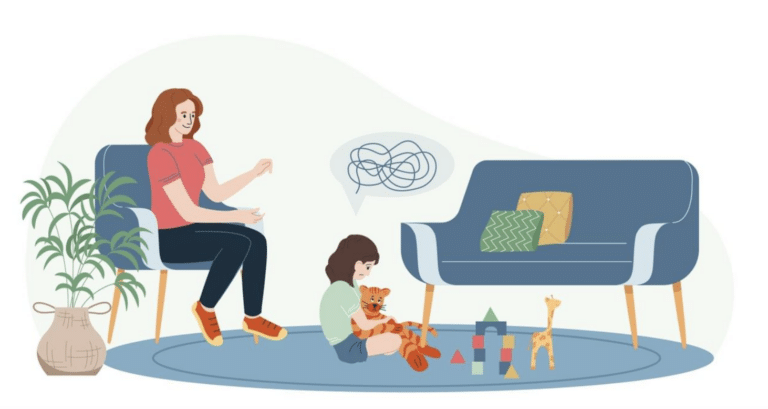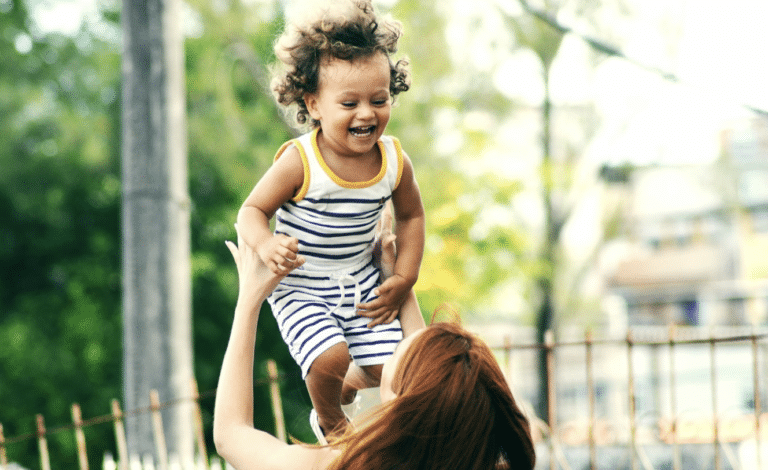Attending school during the pandemic now involves a lot more as well as many changes in the process. Many schools continue to adapt to the health requirements set by the government so that the student´s needs are still met while maintaining a healthy learning environment for all.
Although the way of learning is decided by the school itself and health officials, there are many hygiene practices you and your child can do to help prevent COVID-19 during school days. Below are a few of the best hygiene practices for kids to implement.
In This Article
By keeping a safe distance socially and physically, you are able to maintain a safe space for yourself and others. It will also reduce possible transmission and the spread of COVID-19. Health officials encourage the distance to be a minimum of 6 feet while in school and in the community in general.
However, keeping a safe distance from others may not be as feasible as you may think when it comes to children who are young. In fact, when a young child is at a further distance from others, it may impede educational standards. Plus, the spread of COVID-19 is not completely understood yet between children.
Regardless of that, there are 4 steps that your child can take to ensure their safe distance while attending school.
- Avoid the use of a locker
- Eliminating groups interactions
- Driving or walking your child to school instead of the bus
- Having their desk spaced while in class
Some of the best educational institutions are investing in desk guards for schools for extra security and protection. While this is something that you would have noticed in commercial offices and establishments, schools, colleges and other institutions are quickly adopting this safety mechanism.
When considering the advantages and disadvantages of holding classes in person, it may need to involve social distancing determined by age. An example of this is where a preschooler enjoys interaction and others are required to maintain face masks.
Face Covering:
Health officials suggest that a face-covering be worn indoors among others as well as among groups outside. This will decrease the amount of transmission. This also includes attending school. These health suggestions are in accordance with the fact that a COVID-19 transmission may occur and the individuals may not even know it has taken place.
It is important to remember that a child under 2 years should not wear a mask. A child who does not understand the importance of a mask should not wear one either or children who have respiratory issues.
Practice Hand-Washing:
Having your child continuously wash their hands and understand its importance will help to prevent covid-19 from spreading. You should teach them to wash their hands after coming home from school and always before they eat, drink or grab clean items to use.
Always make sure that they spend as much time as needed washing their hands. If they are not near a sink for hand-washing, then they need to be able to use a hand sanitizer. After they have washed or sanitized their hands, stress the importance of not touching their mouth, eyes, or nose with their hands.
A school needs to be motivating their students in order to ensure that their students wash their hands frequently and are sticking to proper hygiene protocols. These protocols include having them cover their face after coughs or sneezes with a tissue or arm.
For schools that allow students to return to their classes, the student needs to have a routine to follow every school day. It should include hygienic habits such as making sure they have extra hygiene products such as latex gloves from a latex hand gloves manufacturer, sanitizer, and extra face masks.
Ensure Surfaces are Cleaned and Disinfected:
Regardless of where your child is attending school, having all surfaces cleaned and disinfected constantly will decrease possible infection from occurring. Always ensure to clean and wipe objects that are commonly touched such as doorknobs, light switches, and faucets.
Skip School If Feeling Ill:
If your child begins to feel ill, then they should not attend classes. As a parent, you should monitor for any COVID symptoms. The most commonly known symptoms involve the following:
- Coughing
- Feverish
- Headaches
- Inability to taste/smell
- Difficulty Breathing
- Aches and pains
- Fatigue
- Loss of appetite
- Redness in the eyes
Depending on the school, a mandatory temperature reading may be part of the school policy as well as having a current negative COVID test if any symptoms occur. But with many of these symptoms pertaining to many other illnesses, having basic screening may not be good enough.
In order to keep everyone safe and healthy, your child needs to remain at home if any of the symptoms present themselves, especially a headache or fever.
Get Fully Vaccinated:
Now that vaccinations are available for the masses, it is more important than ever to become vaccinated or at least to get the process started if not. On top of the COVID-19 vaccination, it is a good idea to have your kids get a flu shot due to the similarity in symptoms.
There are 5 steps you can take to be ready for any situation involving infection or exposure such as the following:
Have an idea of how to keep high-risk family members protected, especially members who may be immuno-suppressed.
Have a plan of action in place for any possible quarantine or if your local school closes temporarily for disinfection. School closure may also take place if the community is experiencing a rise in infections.
Keep school contact information current as well as where your student is picked up and dropped off from school. Add as many alternate contacts as possible if any of them become infected.
Keep your child home if it is believed that exposure has taken place.
Be informed of all school policies regarding communication between parents and school in the case of positive cases and the methods used to maintain discretion.
Conclusion
By keeping the above hygiene practices in mind, you will be able to relax knowing that your child can attend school freely as the pandemic rages on. If you need additional details, then get a hold of your local health department or school so that you are kept in the loop concerning COVID-19.











